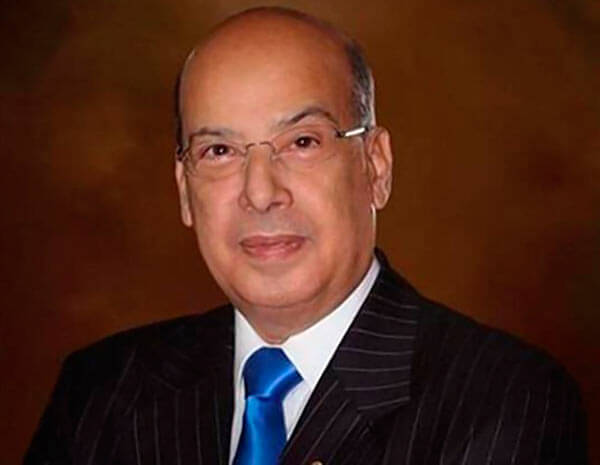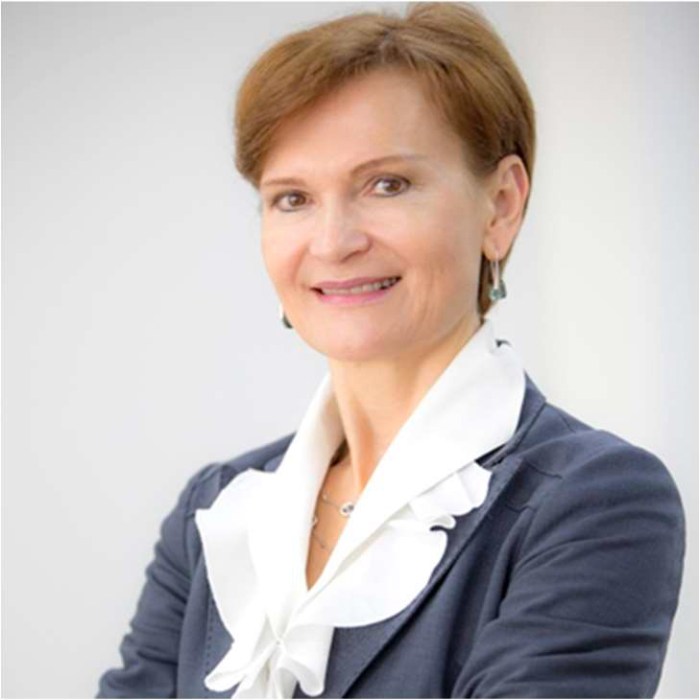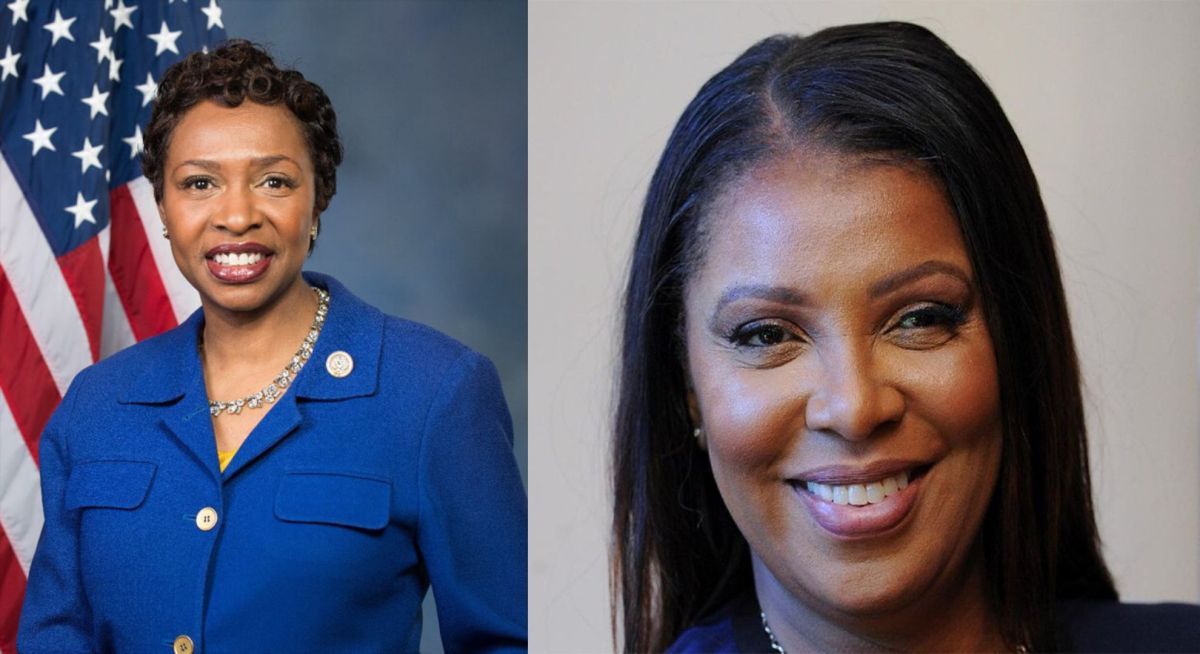Caribbean
A United States diplomat has urged Caribbean countries to seriously tackle the issue of money laundering.
Perry Holloway, United States ambassador to Guyana said regional governments must act now to ensure financial institutions are protected from criminal elements.
Holloway was the time addressing the Caribbean Financial Action Task Force (CFATF) assessor training workshop in Georgetown.
In a brief address to the opening ceremony he urged the regional countries to ensure prosecution of financial crimes through compliance with local laws and regulations.
The diplomat said that there will always be a need to properly enforce those laws and regulations that address financial crimes and make them better and committed to Washington’s support for the efforts of these countries.
More than 50 delegates from Canada, Jamaica, Turks and Caicos, Belize and Guyana took part in the workshop aimed at equipping them with the tools and competencies needed to undertake compliance with the revised FATF (Financial Action Task Force) recommendations and for reviewing the level of effectiveness of a country’s Anti-Money Laundering/Countering the Financing of Terrorism regime.
Barbados
Barbados Foreign Reserves have dipped to a$410 million at the end of December last year- equivalent to 6.6 weeks of import cover and well below the standard 12-week benchmark.
Barbados Central Bank Governor Cleviston Haynes is giving the assurance that there is no need for panic, neither there will be a devaluation of the Barbados dollar.
The precarious plight of the foreign reserves was made public recently at the Central Bank of Barbados 2017 Economic Review.
Haynes said some of the tax measures implemented in the May 2017 budget to dampen the demand for foreign exchange has worked somewhat as the foreign exchange transaction fee brought in $30.4 million since its introduction in July last year.
The governor said there are enough reserves for government to meet its debt and other payments.
Guyana
The United Nations Secretary General Antonio Guterres has referred the border dispute controversy between Guyana and Venezuela to the International Criminal Court of Justice (ICJ) for settlement.
Spokeswoman for the UN boss, Stephane Dujarrie said he had decided to refer the controversy to the ICJ for settlement, after carefully analyzing last year’s developments in the process and concluding that “significant progress has not been made toward arriving at a full agreement for the solution of the controversy.”
She said his decision was taken after his High-Level Personal Representative, Daag Halvor Nylander failed to resolve the controversy over the 1899 Arbitral Tribunal Award that settled the boundary between Venezuela and then British Guiana.”
Venezuela contends that the Arbitral Award was null and void.
Guyana’s President David Granger in responding to the UN Secretary General’s decision, said in a national address last week that Guyana remains confident in the correctness of its case adding that he looks forward to the reaffirmation of the validity of the 1899 Arbitral Award before the ICJ.
He said Guyana will take all the necessary steps to ensure that its national patrimony will be protected for all time.
Jamaica
Officials from Jamaica and Cuba recently met to discuss bilateral exchanges in the area of culture.
This was disclosed by Foreign Affairs Minister Kamina Johnson Smith during a recent reception in Jamaica to celebrate the 59th anniversary of the Triumph of the Cuban Revolution (National).
She said there has been fruitful bilateral exchange, with specific local ministries and agencies, and the engagement has successfully promoted greater levels of technical and economic cooperation between Jamaica and Cuba.
Johnson-Smith said the visit of the Cuban delegation, which included Cuba’s Deputy Minister of Culture Maria Elena Salgado, will bring the two countries a step closer to fulfilling that unwavering Caribbean dream of unity, community and cultural synthesis.
She praised Cuba’s contribution to disaster relief in the Caribbean and the support Jamaica and the Caribbean Community (Caricom) received after two hurricanes last year.
St. Vincent
A former St. Vincent and the Grenadines model has been sent back to a mental institution while a magistrate decides on the arguments presented in court recently regarding a report from the psychiatric hospital in Kingstown.
Fugge Farrell, who has been at the Mental Health Centre for the past three weeks, has been charged with using abusive language to the wife, of Finance Minister Camillo Gonsalves on Jan. 4, 2018.
When she appeared before Magistrate Bertie Pompey, on Jan. 5, Farrell, was ordered to undergo two weeks of psychiatric evaluation at the mental facility.
The prosecution had made the application for psychiatric evaluation after Farrell pleaded not guilty to the charge.
Since her hospitalization, Farrell has made several allegations, including that she had been in a relationship with the 44-year-old minister that ended in 2016. The finance minister is the son of Prime Minister Dr. Ralph Gonsalves.
Trinidad
Prime Minister Dr. Keith Rowley has expressed frustration that a permanent commissioner of police (CoP) cannot be appointed “at a time where the streets of Trinidad and Tobago are killing fields and the Police Service is in dire need for a voluntary leadership.”
He made the comment when the nominations of appointing a commissioner and two deputy commissioners of police came up in the House of Representatives recently.
He expressed frustration that the house could not decide on the nominations because of considerable disquiet about the process to select the nominees was not compromised.
Rowley said it is unacceptable that he as prime minister and his government have no insight into or the involvement in the process to select a commissioner.
A motion was subsequently moved to appoint a special select committee which will examine the process, information and documents used by the Police Service Commission (PSC) and the recruiting firm KPMG to select a commissioner and others.
Opposition Leader Kamla Persad-Bissessar agreed with Rowley that given the importance in the fight against crime, the House must be certain the process to select the nominees was not compromised.
The committee has until March 31 to make the recommendations. Stephen Williams has been acting as commissioner for the past seven years.
– Compiled by Azad Ali
























